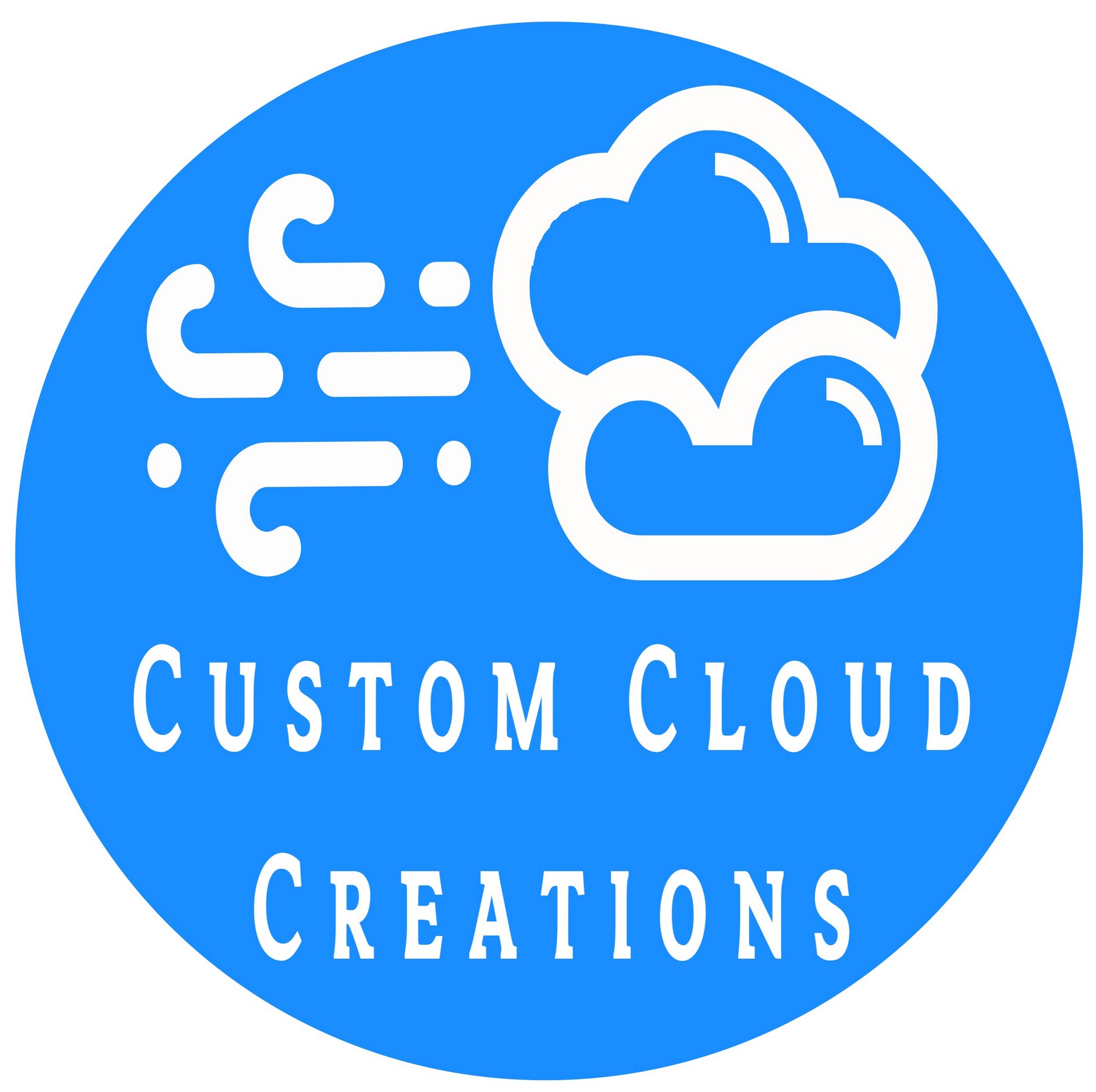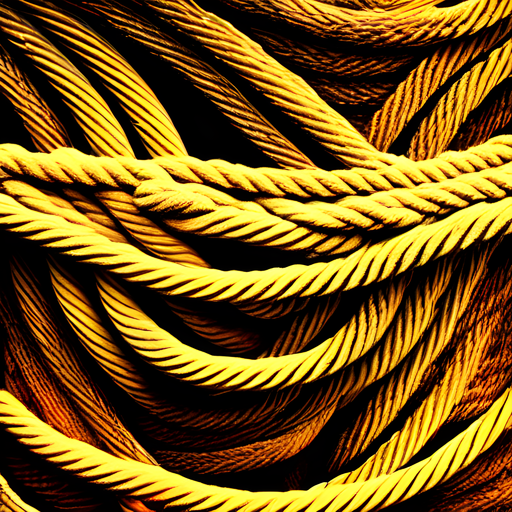Link Building Is An Effective Way To Increase Search Engine Rankings
Getting high rankings in search engines and building trust and authority can be achieved by using an effective link building strategy. It's important that you are aware of how link building works. Link building is very important for the success of any website. Make sure you put some time aside for this on a regular basis or pay someone with experience to do it for you because it is a continuously ongoing process. One-way links and multi-site links are a couple of the most common link types on the internet.
Build Organic One Way Links With Directories
Natural one way links are made possible with good content and resources. The intent behind your links is what the search engines are looking for. This method is the most effective way to get links. If your site is new, submit it to niche web directories as part of its launch. Focus on the top highly trusted directories in your niche. Directories can give your site many natural, one-way links at a rapid pace of growth. This combination of speed and type is very helpful. There are services that will help you find websites that are interested in linking to your content.
Build Natural Links With Guest Posting
Natural links are what search engines refer to as one way links. Writing articles on what you are selling with a link back to your website and then guest posting to related websites is the simplest way to build these links. Website owners are always looking for content for their sites, and guest posts are the easiest way for them to get it, without them having to write it on their own.
Outbound Links
Search engines use outbound links to determine your website's neighborhood. Having a large number of negative links such as free for all, link farms, etc. will have an impact on your ranking, possibly causing penalties. This is not to be confused with supplemental indexing. Having a small number of bad links should not be a cause for concern as long as your website is not related in any way to bad link patterns.
Paid Links
Paid links can have short term benefits for well established websites with a lot of content and quality links. It is not a good idea for new sites to have these. You should look for sites that are on topic with yours, and in the same and related niches. Age is a very important factor in the evaluation of these links. It's important not to overuse paid links. Many sites that do heavy link buying have been affected by the latest search engine updates where sites fall below the top 30 in the listings.
Link Baiting
Link baiting is not easy and requires creativity. It's well worth the effort. Link baiting refers to content on your site that is created with the intention of increasing links to it. In this day and age where everyone is using SEO techniques to get more traffic to their site, it is imperative that you get a few free links in your profile. It’s best to use a combination of SEO techniques. Use social bookmarking to give the page even more exposure, and focus on optimizing your backlinks to help your page appear in the search results.
Multisite Links
Multisite links, as the name suggests, involve several websites linking to one another. This method works like a chain, where every site is a chain link. How it works is your site links to site 2, site 2 links to site 3, 3 to 4, etc. The last site in the chain links back to your site. This gives every site in the chain gets a one way link.

